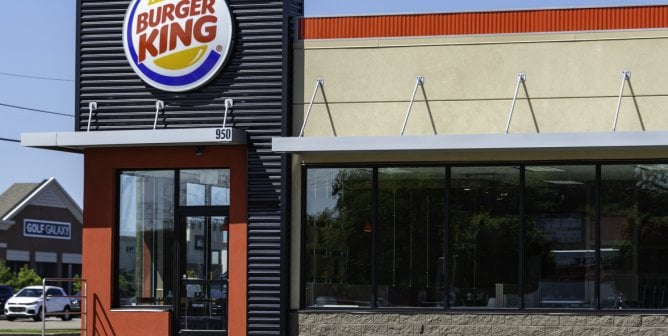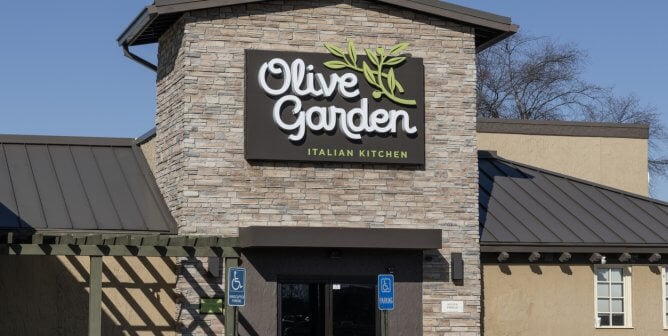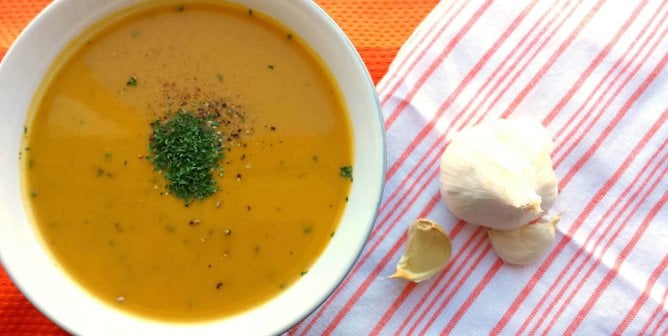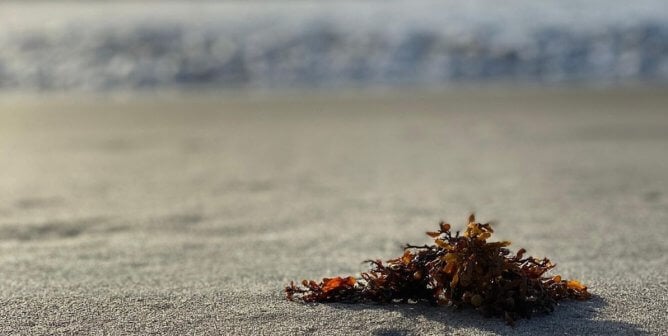OK, so there are a lot of white vegans. That one vegan friend you have is probably white. Before I went vegan, I thought what many probably have thought before: that being vegan was for privileged white people.
I’m here to tell you that vegan is not a white thing! And I’m not saying that people of color can make their own space within the “white vegan” world. I’m saying that not eating animals and animal-derived ingredients is a concept that people of color from all over the world have embraced for quite a long time. If we can change the narrative that being vegan is only for white people, we can help introduce it as a possibility for those who traditionally would not consider eating less meat and allow them to reap the benefits as well. Yes, “white veganism” is real, but globally and in America, people of color are leading the movement to consume fewer animal-derived foods. Sometimes, a change in perspective can go a long way. Here are five reasons why veganism is NOT a “white” thing:
1. Not consuming animals and animal ingredients is not a white concept.
Without a doubt, one of the major aspects of “white veganism” is the animal rights movement and the idea of living a “cruelty-free” lifestyle. Several major religious groups have been following this way of life since long before white westerners started. In India, vegetarianism is expected for Jains and encouraged for Hindus and Buddhists, as these religions disdain violence toward animals. Taoists in China are generally vegetarian or vegan; a Taoist is even credited with the invention of tofu.
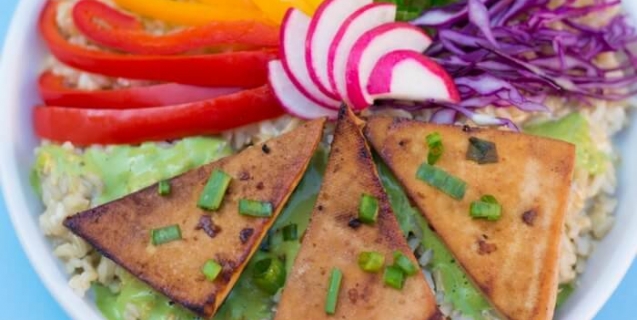
There are other groups of people around the world who adhere to vegan or vegetarian diets. In Jamaica, the Rastafari follow the Ital diet and generally consume only natural, plant-based foods. The Nation of Islam advocates a vegetarian diet. And let’s not forget about “Dr.” Sebi and his infamous raw-vegan-alkaline diet, which he alleged could cure cancer and other diseases.
Lastly, there are groups around the world who regularly abstain from consuming animals and animal-derived “products.” The Coptic Christians of Egypt participate in a vegan fast 210 days a year, and Orthodox Ethiopians also fast often, spending up to about eight months a year on a vegan diet.
2. White vegans eat foods that originated in communities of color.
We know white people love appropriating other cultures’ foods and profiting from it. Almost every food mainstream U.S. vegans consume came from somewhere else. Here are some things you’ll likely see in a vegan’s kitchen:
| Food | Where it originated and is mostly consumed | White? |
| Tofu | East Asia- China | No |
| Seitan (Wheat Gluten) | East Asia- China | Nope |
| Quinoa | Andean Region- Peru, Bolivia, etc. | Not at all |
| Chickpeas, Falafel, Hummus | Middle East | Nah |
| Lentils | South Asia- India, Pakistan | Not today, not tomorrow. |
| Rice | Asia, Africa | Never |
| Hemp Seeds | East Asia | They wish |
| Black Beans | Latin America; Mexico | In their dreams |
| Black Eyed Peas | West Africa | No chance |
| Shiitake Mushrooms | East Asia | Cancelled |
| Agave | Mexico | Blocked |
| Chia Seeds | Mexico, Guatemala | Lol |
| Avocado | Mexico | Gtfo |
Many cultural markers people associate with vegans or “earthy” white people, like yoga or drinking kombucha tea, came from Asia. The menus at white-owned vegan restaurants are full of foods created by people of color: curry thai noodles, jerk chick’n salad, BBQ chick’n sandwich, vegan quesadilla, etc. What have white people really contributed to vegan food, other than vegan mayo
3. You can find a vegan option in any cuisine from around the world.
I can find a vegan option at any of the following types of restaurants: Chinese, Japanese, Korean, Thai, Vietnamese, Indian/Pakistani, Middle Eastern, Jamaican, Trinidadian (who else loves roti?!), Ethiopian, Mexican, Cuban, Thai (tofu pad thai FTW), West African, East African, and many more. I live in Washington, D.C., and even the veggie chili at Ben’s Chili Bowl is vegan. Vegan soul food is very popular as well.
When I go to an American restaurant, the best vegan option is usually a mushroom burger (really?!), and you know white people gotta throw mayo on it, so that’s ruined. When I go to an Italian restaurant, what can I get that doesn’t have cheese on it? Cheese is a staple ingredient in MOST Italian cooking, and …
4. Speaking of cheese, let’s talk dairy.
This isn’t really on topic, but it’s an important piece of the story. Most people say they can’t go vegan because they love cheese too much. Let me just present a simple fact: Most people of color are lactose intolerant, while most Europeans are not. Here are the numbers: 90 percent of East Asians, 80 percent of Central Asians, 70 percent of South Asians, 70 to 90 percent of the African Diaspora, and 50 percent of Hispanic Americans are lactose intolerant. Compare that to 21 percent of Anglo-Americans, 17 percent of French, 15 percent of Germans, 5 to 15 percent of British, and 17 percent of Finnish. For many people of color, dairy “products” are not a healthy choice to consume regularly, if at all. However, the U.S. government claims we should eat multiple servings a day and supports the dairy industry. Collectively, people of color have got to move away from regular consumption of dairy.
5. The movement is growing! The culture is shifting.
I became a vegan after watching a video of Russell Simmons on The Breakfast Club. Black veganism specifically is booming! Amazing athletes are vegan: Colin Kaepernick, David Johnson, Adrian Peterson, Trent Williams, Demaryius Thomas and Wilson Chandler. Amazing artists and entertainment stars are vegan: Erykah Badu, RZA, Jermaine Dupri, Jhene Aiko, Dawn Richard, Porsha Williams, Raury, Andre 3000, Angela Bassett, Waka Flocka Flame, YG, Prince (RIP), Stevie Wonder. Angela Davis and Cory Booker are vegan; Coretta Scott King was vegan, and so many others. There are great web communities that exist, such as Vegans of Color, Sistah Vegan, and Black Vegans Rock. If you live in a major city, like DC, there are plenty of black- and Asian-owned vegan or vegetarian restaurants, most of which, from my knowledge, existed long before most white vegan restaurants opened.
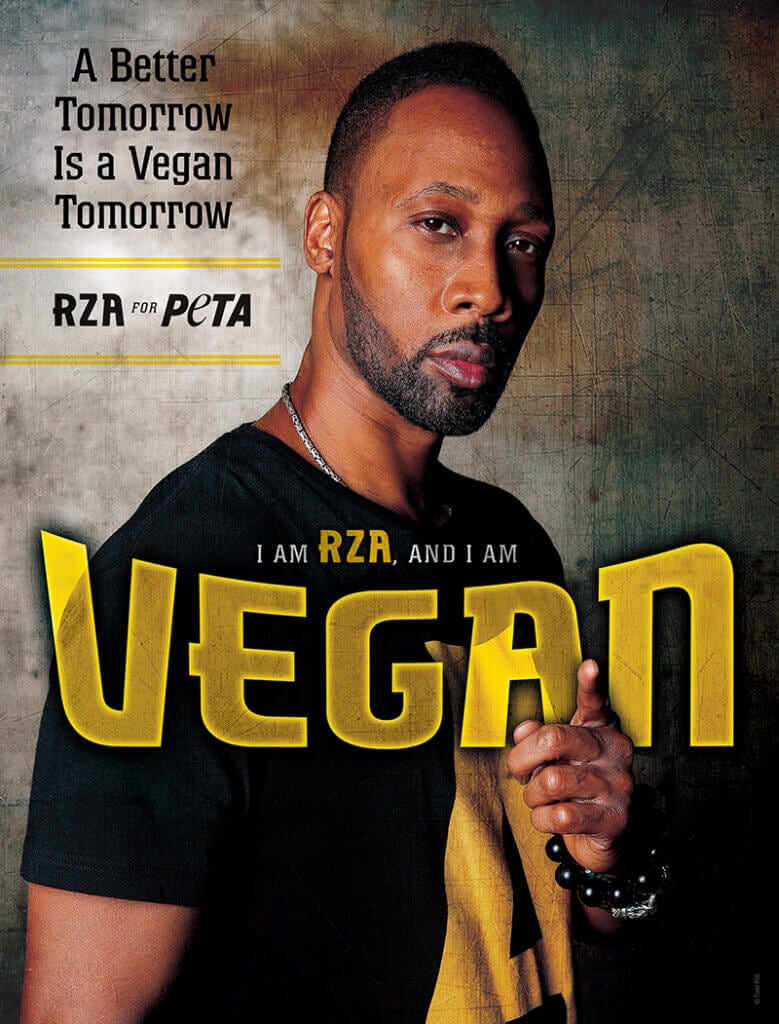
I hope you see now that vegan is not a “white thing” and that as people of color, consuming less meat is something that has been part of our traditions long before white people embraced it. If you are of color and want to try being vegan, or simply eating healthier, you will not be alone in your journey!
Adapted from the Vegan Is Not a White Thing blog.
Text VEG to 73822 to get the latest vegan lifestyle tips, recipes, and urgent action alerts texted right to your phone.
Terms for automated texts/calls from PETA: https://peta.vg/txt. Text STOP to end, HELP for more info. Msg/data rates may apply. U.S. only.



